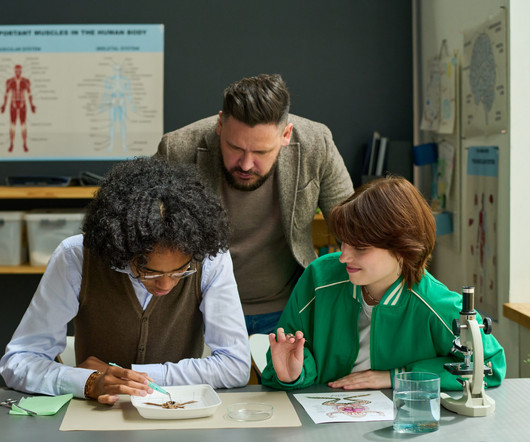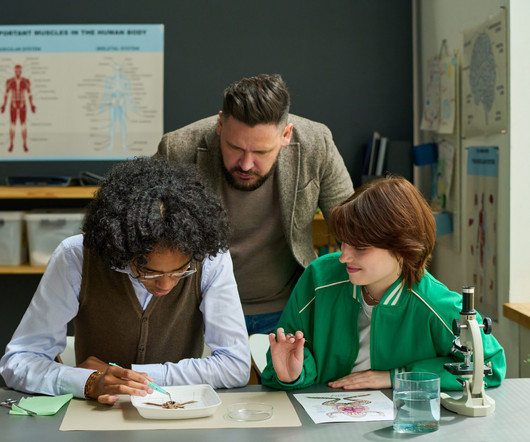Integrating Systems Thinking to Enhance Liberal Arts Curriculum through Learner-Centered Teaching
Faculty Focus
JUNE 22, 2025
Liberal arts education empowers individuals to become well-rounded to handle complexity, diversity, and change by providing broad knowledge of the world and in-depth study in a specific area. Systems thinking complements interdisciplinary learning.













Let's personalize your content